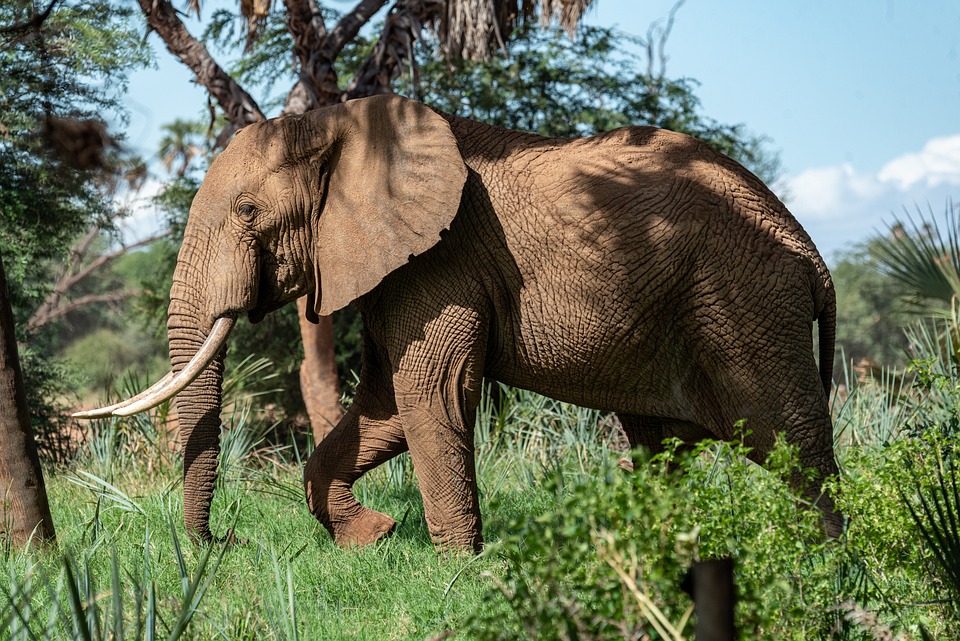CNN, also known as Cable News Network, is a global news organization that has been at the forefront of reporting on a wide range of topics, including environmental challenges facing our planet. One of their editorial series, Call to Earth, is committed to highlighting these issues and showcasing potential solutions. In partnership with Rolex’s Perpetual Planet Initiative, CNN aims to drive awareness and education around key sustainability issues and inspire positive action.
One of the pressing environmental challenges that CNN has covered is wildlife crimes, such as animal trafficking and poaching, which are on the rise and pose a significant threat to the planet’s biodiversity. In Africa, rhinos are a prime target for poachers, with thousands lost to poaching in the last decade, particularly in South Africa. The Wildlife Forensics Academy (WFA), located north of Cape Town, is on a mission to tackle poaching by providing forensics training to students and rangers.
At the WFA, students are taught how to handle evidence from wildlife crime scenes, which are recreated in a warehouse setting. The training includes collecting evidence, analyzing it in an on-site laboratory, and presenting it in a replica courtroom. The goal is to increase the rate of successful convictions by ensuring that evidence is preserved correctly and can withstand cross-examination in court.
The realistic training experience at the WFA includes using life-size animals preserved by taxidermy, marked with simulated wounds, and creating a typical African landscape within the warehouse. Students learn how to collect and analyze fingerprints, DNA samples, ballistics, and shoe tracks, all crucial pieces of evidence in wildlife crime cases.
The impact of the WFA’s training is already being felt, with reports of successful convictions resulting from evidence collected by trained rangers. Similar forensic laboratories have been set up in other African countries, such as Malawi and Botswana, with initiatives like the International Fund for Animal Welfare (IFAW) training wildlife rangers and investigators on evidence collection and presentation in court.
Kevin Pretorius, a practicing attorney specializing in criminal and environmental law, emphasizes the importance of evidence admissibility in convicting wildlife crimes. He acknowledges the value of training individuals to understand the significance of evidence in linking perpetrators to crimes and assisting investigators in building strong cases.
Overall, the WFA’s central mission is to assist law enforcement in combating wildlife crimes and raise awareness of the threats posed by illegal wildlife trade. By improving knowledge and skills in wildlife forensics, organizations like the WFA and initiatives like Call to Earth are working towards protecting biodiversity and promoting environmental conservation.





